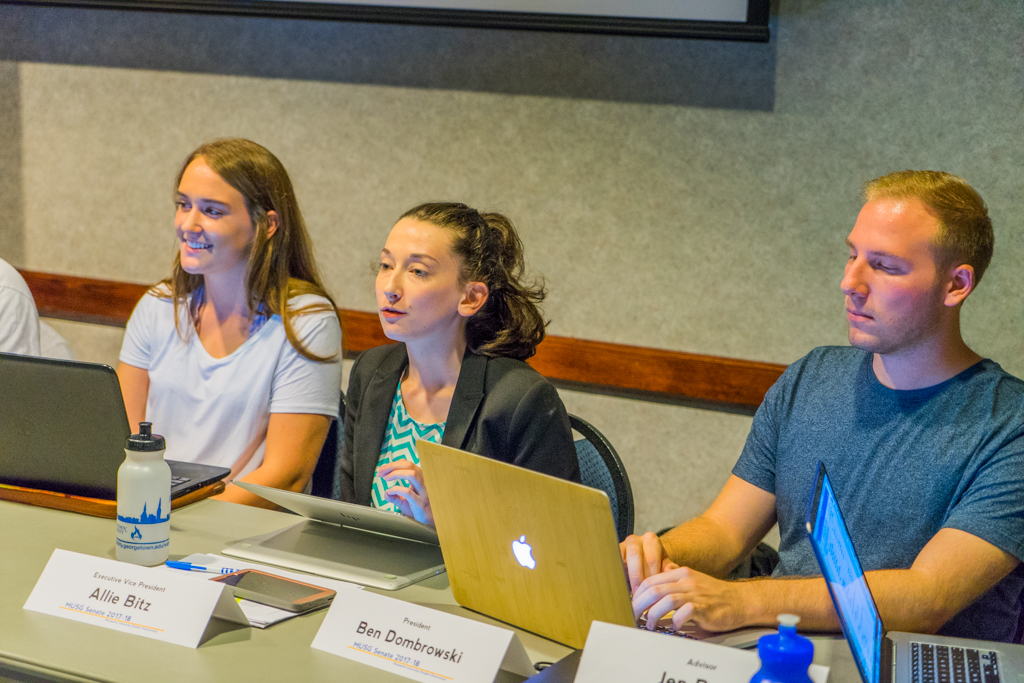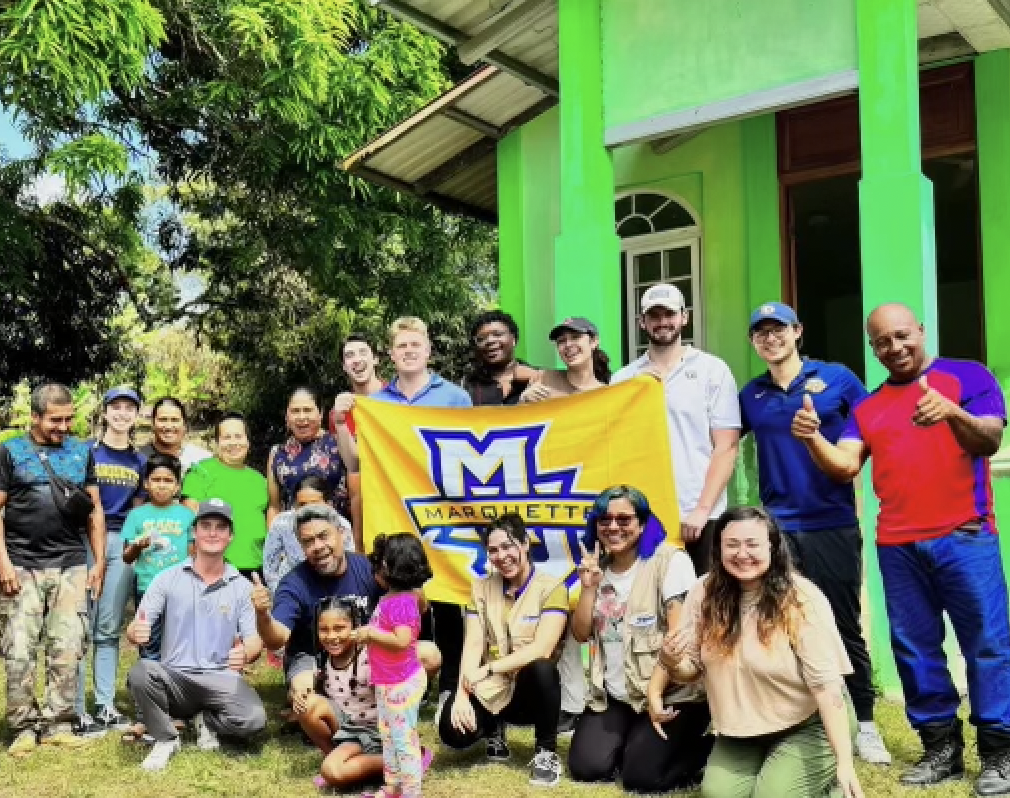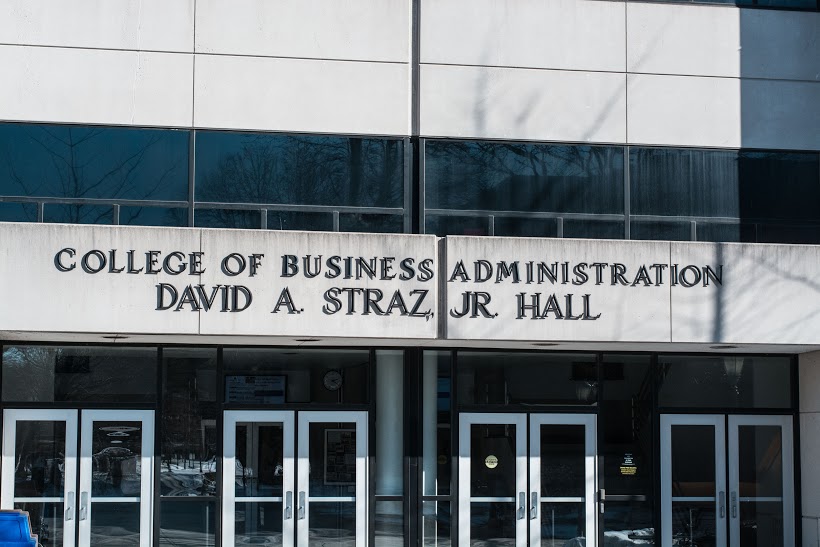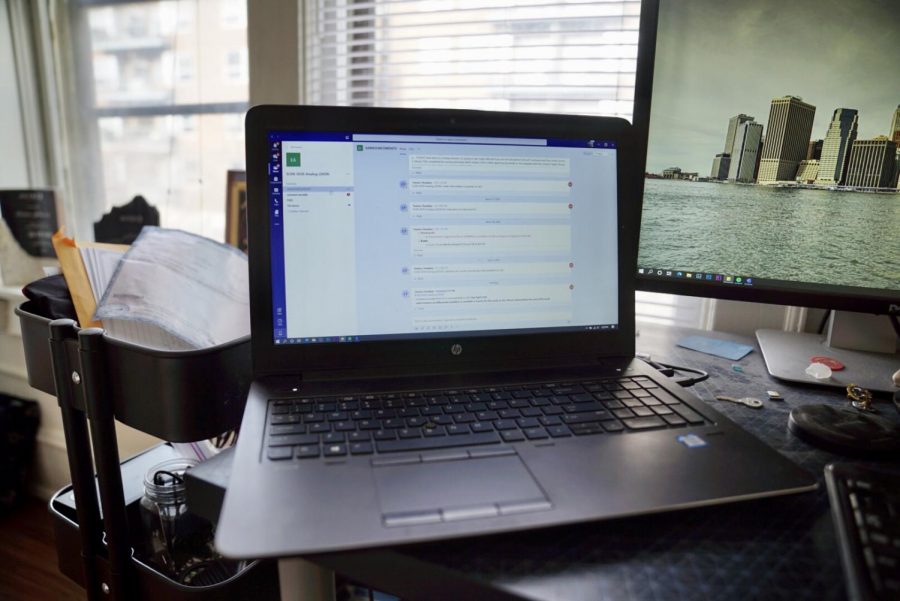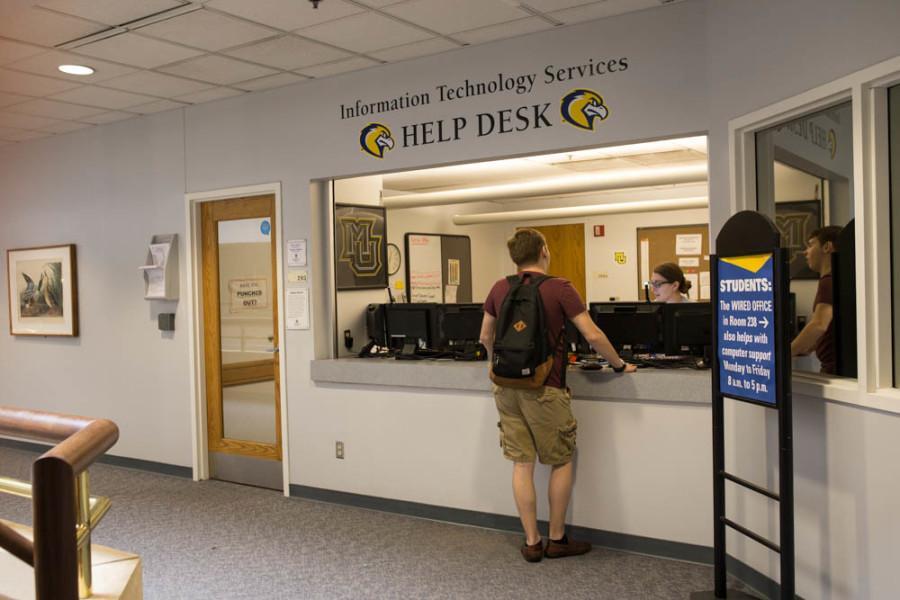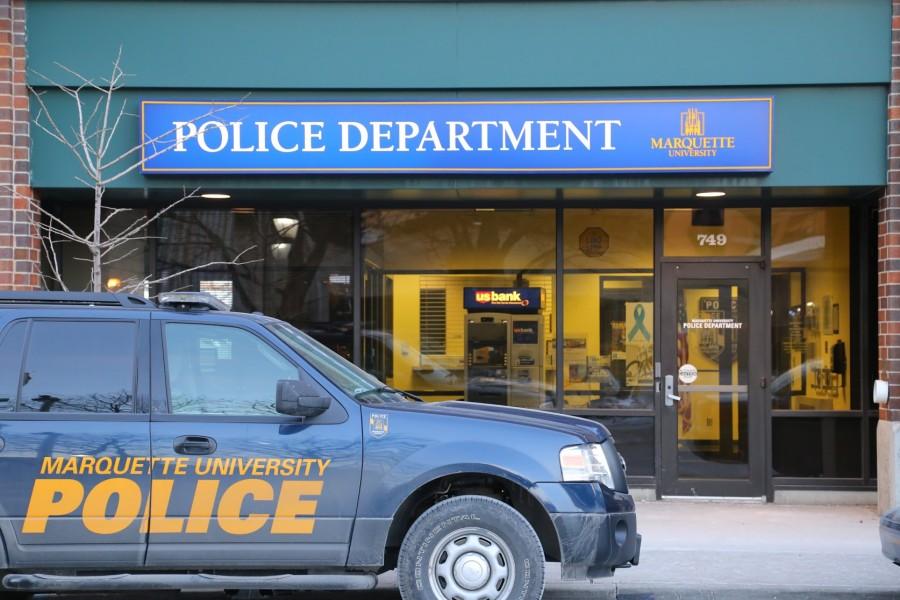The Information Technology Services department is in the process of selecting a new chief information officer by using input from students, faculty and staff in the Marquette community.
The new CIO will have a wide array of responsibilities concerning technological initiatives throughout the university, Iqbal Ahamed, professor of computer science and chair of the CIO search committee, said in an email.
The CIO manages the Information Technology Services division, that includes academic and administrative computing, networking, support services, classroom and instructional technology, programming services, and telecommunications. IT services will hold listening sessions to find nominees.
“The CIO will help Marquette achieve its vision of becoming one of the most innovative and accomplished Catholic and Jesuit universities in the world,” Ahamed said in an email.
After the previous CIO left Marquette in July 2018 to pursue a position outside the university, Dan Smith, deputy CIO of IT services, has been serving as the interim CIO while the university searches for a permanent replacement, Ahamed said in an email.
In order to fill this role, the university will hold listening sessions to hear what the university community would like in the new CIO. The listening sessions will be in the Raynor Memorial Library Beaumier Suites Tuesday, Oct. 9 at 4 p.m. for faculty and 5 p.m. for students, and Monday at 11 a.m. for staff. The university reached out to Marquette University Student Government to publicize the event for potentially interested students.
“With choosing any administrator, it’s important to get student input on what they would want out of that role,” Meredith Gillespie, president of MUSG, said.
Students from across the university, but specifically those involved with IT or computer science, will be able to give their thoughts on what they want in the new CIO, Gillespie said.
“I think it would be beneficial,” Cory Ehlenbach, a junior in the College of Business Administration and a student software support technician, said. “The IT department deals with students of the university on a regular basis, so having the input of one of the larger groups that would be affected by the new CIO would be a good step towards having the needs of students represented.”
The sessions this week will likely include many students who are invested in the technology programs on campus, Gillespie said.
“With any chief executive in the administration, students should jump on that opportunity to give their opinions,” Gillespie said. “Hopefully with midterms and everything, students are going to be able to go to the event and give some quality input.”
Student input in this decision is especially important to those who deal with technology issues, Ehlenbach said.
“There are often opinions and ideas that non-students would not have or think of that could help mold the search for a new CIO,” Ehlenbach said. “For example, as student employees we know and see the struggles students sometimes have with aspects of technology better than other employees of the department who may not be able to empathize or deal with students as often as we do.”
As Marquette strives for competitive technological excellence, the selection of a new CIO will be vital in continuing improvement on this front, Ahamed said in an email.
“The ideal candidate will ensure that Marquette stays on the cutting edge of technological applications, services and programs that help us live out our mission as a Catholic, Jesuit university that is committed to academic excellence,” Ahamed said in an email.

